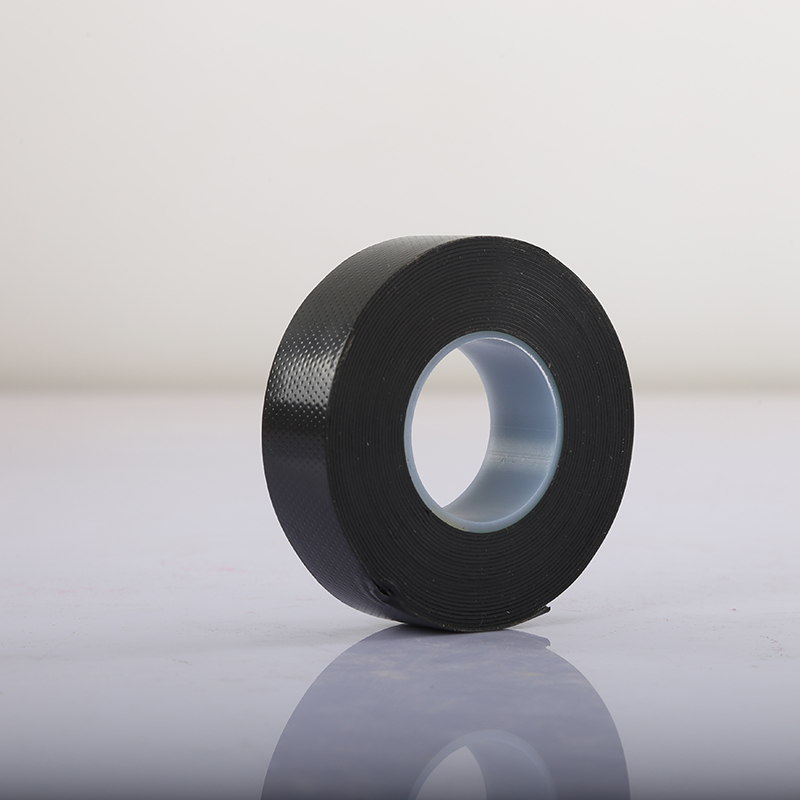Fiberglass Tape for Electrical Insulation An Essential Tool for Safety and Efficiency
In the modern world, effective insulation is paramount to ensuring the safety and efficiency of electrical systems. With the rapid advancement of technology and increased reliance on electrical devices, the demand for reliable insulation materials has surged. One such material that stands out for its robustness and effectiveness is fiberglass tape. This versatile product has become increasingly popular in various industries, particularly in electrical applications, due to its unique properties and benefits.
What is Fiberglass Tape?
Fiberglass tape is a high-performance insulation material made from woven fiberglass filaments. These filaments are coated with a resin that enhances their electrical insulation properties, providing a durable and heat-resistant alternative to traditional insulating tapes. The inherent strength and resistance to various environmental factors make fiberglass tape a go-to solution for companies looking to secure their electrical systems against potential failures.
Key Properties and Advantages
1. Thermal Resistance One of the most significant advantages of fiberglass tape is its ability to withstand high temperatures. With temperature resistance ranging from -40°F to over 500°F (-40°C to 260°C), it is ideal for use in environments where traditional insulation materials might fail. This thermal stability minimizes the risk of fire hazards and ensures that electrical components function efficiently, even in extreme conditions.
2. Electrical Insulation Fiberglass tape offers excellent dielectric strength, making it capable of insulating electrical components effectively. This property is crucial for preventing short circuits and ensuring the safe operation of devices. Its high dielectric constant allows it to maintain electrical integrity over time, further enhancing the safety of electrical applications.
fiberglass tape for electrical insulation

3. Chemical Resistance Exposure to various chemicals can compromise insulation materials, leading to equipment failures or safety hazards. Fiberglass tape is highly resistant to oils, solvents, and other harsh chemicals, making it an excellent choice for industries that handle such substances. This resistance also extends the lifespan of the insulation, contributing to lower maintenance costs and increased efficiency.
4. Mechanical Strength The woven structure of fiberglass provides exceptional tensile strength, ensuring that the tape can withstand mechanical stress without tearing or breaking. This durability is particularly beneficial in applications where vibration or movement is a concern, such as in motors, generators, and transformers.
5. Versatility Fiberglass tape can be used in a variety of applications, ranging from automotive and aerospace to HVAC systems and electrical appliances. Its adaptability allows it to be used for wrapping wires, insulating electrical components, and providing added protection to critical elements in diverse environments.
Application Areas
The application of fiberglass tape in electrical insulation is widespread. It is commonly used in the manufacturing of motors and generators, where the risk of overheating and electrical shorts is significant. In construction and industrial settings, fiberglass tape is employed to insulate wires and protect electrical circuits from environmental hazards. Moreover, its use in the automotive industry helps prevent potential electrical failures caused by heat and chemical exposure.
Conclusion
As industries continue to evolve and the demand for safe, efficient electrical systems increases, fiberglass tape for electrical insulation emerges as an indispensable solution. Its remarkable properties—including thermal resistance, electrical insulation, chemical resistance, and mechanical strength—make it an ideal choice for a multitude of applications. By investing in high-quality fiberglass tape, businesses can enhance their electrical safety, improve reliability, and reduce the likelihood of costly downtimes. In a world where safety and efficiency go hand in hand, fiberglass tape represents a critical component in the toolkit of modern electrical engineers and technicians.
-
XIANGFAN Rubber Tape-Ultimate Solutions for All Your Insulation NeedsNewsJun.24,2025
-
XIANGFAN Rubber Tape-Protection for Industrial and Residential ApplicationsNewsJun.24,2025
-
XIANGFAN Rubber Tape: Superior Safety and Sealing for Demanding EnvironmentsNewsJun.24,2025
-
XIANGFAN Rubber Tape: Reliable Solutions for Every Electrical ChallengeNewsJun.24,2025
-
XIANGFAN Electrical & Industrial Tape: Powering Reliability Across IndustriesNewsJun.24,2025
-
XIANGFAN Electrical & Industrial Tape: Excellence in Every ApplicationNewsJun.24,2025
